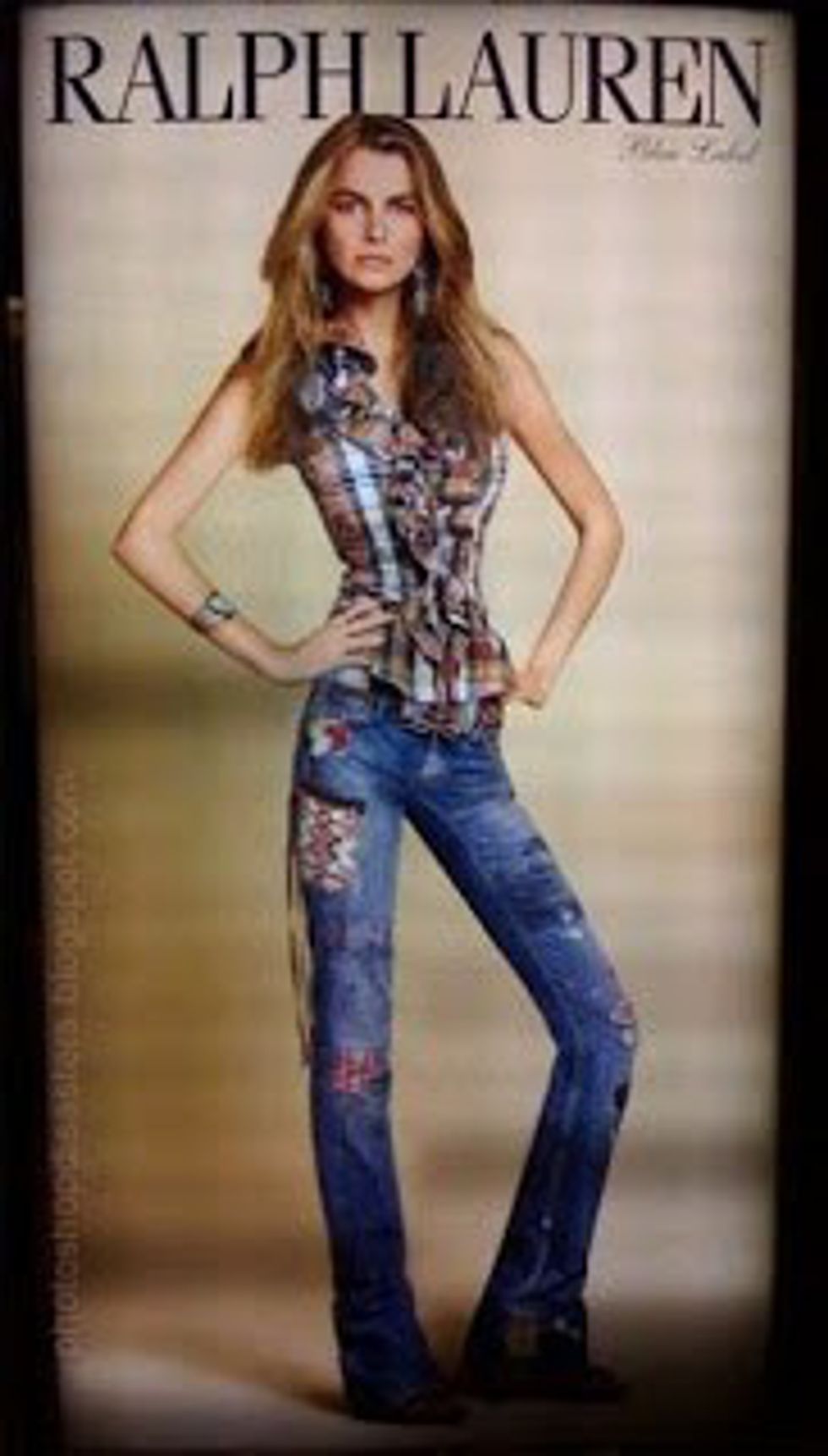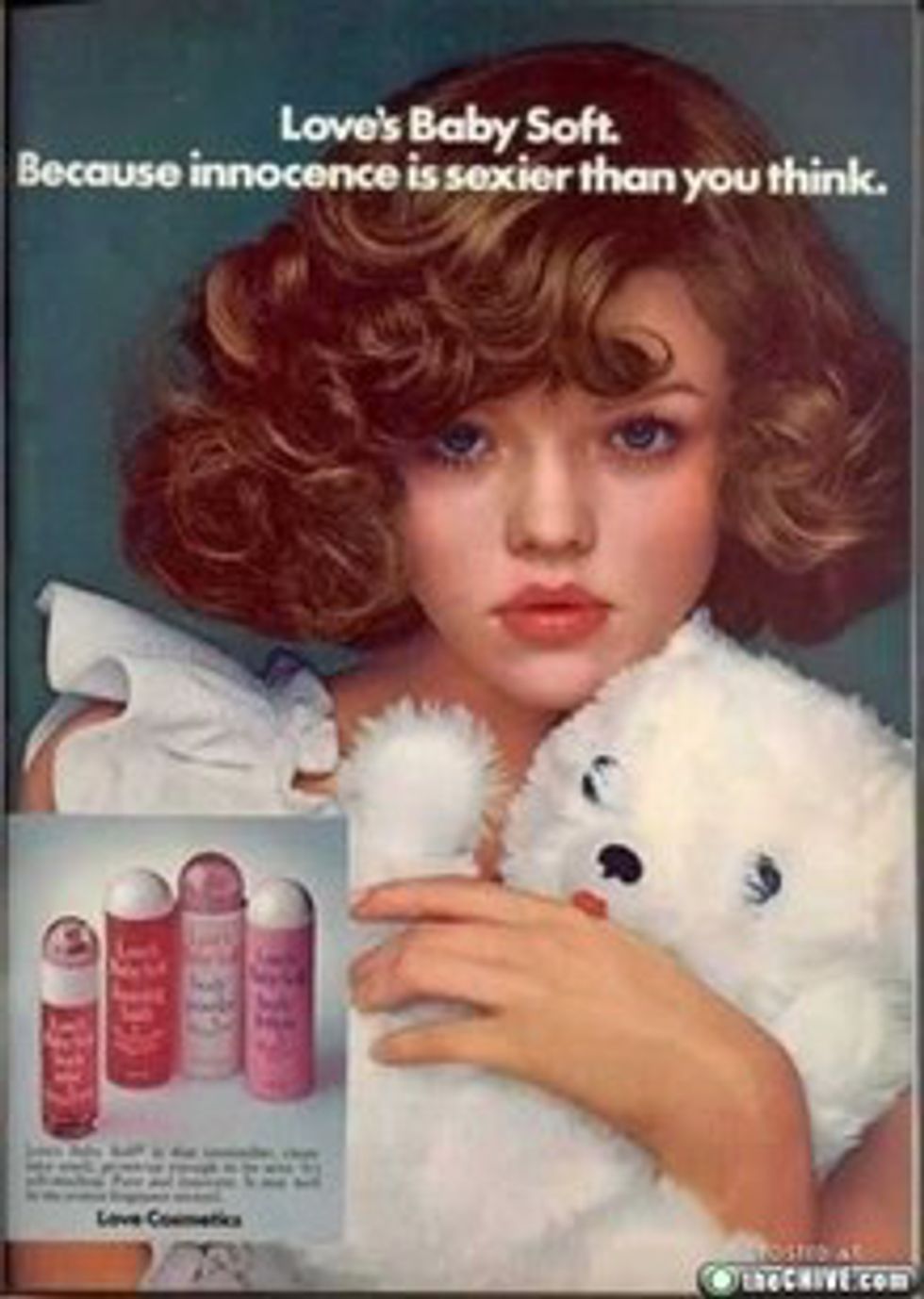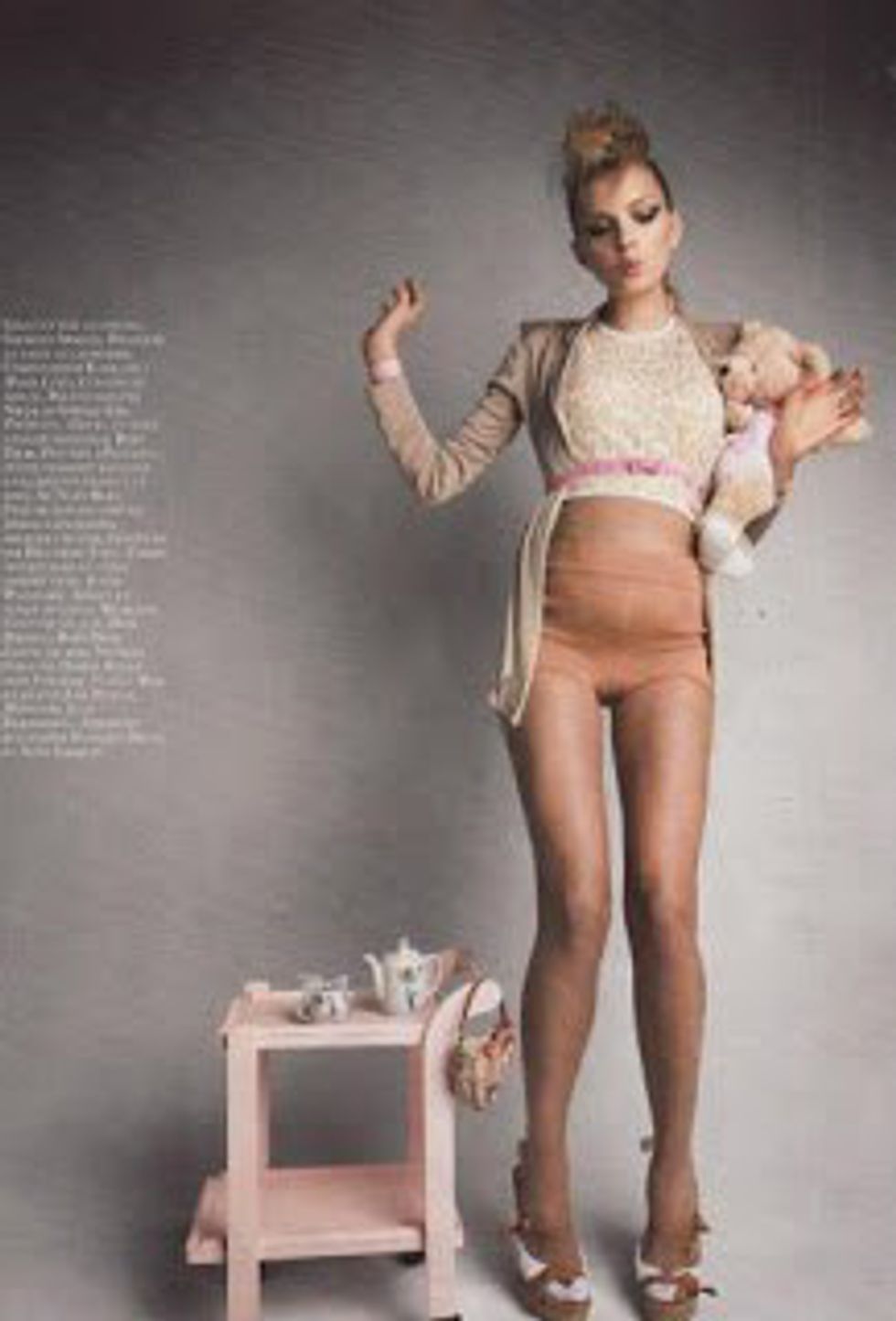When you see an infant, a puppy, or a nice dress, using the word "cute" as a descriptor is completely acceptable. What is not acceptable, however, is to call a grown woman, or her actions, "cute."
Women are constantly being infantilized. According to the Merriam-Webster dictionary, the first definition of the word cute is “having a pleasing and usually youthful appearance.” When women are referred to as looking cute, it is a reinforcement of the youthful ideal women are supposed to achieve. This youthful ideal can be seen in trends such as shaving your legs and pubic hair, which results in a hairless physique similar to that of a young child. It is also a predictor of women receiving cosmetic surgery, a rapidly growing trend. Charlotte and Patrick Markey describe how “cultural emphasis on youth as integral to attractiveness, especially for women, has unquestionably led many women to consider cosmetic surgery.” By establishing youth and all that accompanies it as the ideal beauty standard for women through qualifiers such as the word "cute," women go to extreme lengths in order to feel accepted and validated by society. This youthful standard is also present in the body ideal for women: Small, thin and generally physically unobtrusive. Women are always being told to be smaller, whether that is being physically smaller by losing weight, or just having a smaller presence by talking less and having less vocal opinions. Many models and celebrities who are popular in the mass media have extremely childlike appearances, reinforcing this beauty standard of "cuteness." By having "cute" be a positive adjective to describe women, it is telling women that their goal should be to appear more childlike, and to be as dainty and pleasant as possible.
The word is also often used to infantilize or diminish women’s emotions or thoughts. If a woman shows any kind of emotion that is not typically accepted for a woman to feel, such as anger, it is often played off by saying she is acting "cute." By equating her actions to those of a child’s, it diminishes the reality of them, making it seem like she is being petty or immature. If a woman gets worked up about something and is called cute, it is a passive way of saying her opinions are not valid, but rather it is endearing or entertaining to watch her experience these frivolous emotions. This is an example of benevolent sexism. Kristin J. Anderson describes benevolent sexism as “characteriz[ing] women as pure creatures who need protection from men…that women should be adored by men and women are necessary to make men complete.” She explains how this is a very dangerous type of sexism, because it seems “positive on the surface but, in fact, [is] patronizing and disempowering”. While cute seems like a positive way to be described, it is in fact a subtle way of undermining and disregarding women’s emotions. What adult women feel or say should not be responded to in the same way you would respond to a child or small animal, but rather in the same way you would address any other adult person.
The second definition of the word "cute" is “attractive in a sexual way.” So, by referring to a woman as cute, it also reduces her to her appearance and sexuality. By responding to something a woman says with "cute," it ignores the words being said and in a passive way brings the attention back to her sexuality or appearance. The word "cute" is a direct reference to aesthetic appearance, and therefore should not be a descriptor for a thought or emotion, even though it often is. When used in this context the word is a reminder to women that they are nothing more than their looks and even what they have to say is just an extension of how appealing they are to men as an overall person.
So, a final message to people everywhere. If I am frustrated about being stuck in traffic, it is not cute. It is a legitimate reaction to an annoying situation. If I am angry at someone for speaking disrespectfully to me, it is not cute. It is a valid response to an inappropriate action. If I am crying because I received a bad grade, it is not cute. It is an appropriate emotional reaction to something I am passionate about. And if I am dressed up nicely for an event, I do not look cute. I am a grown woman, not a child. Please find a different word.

























